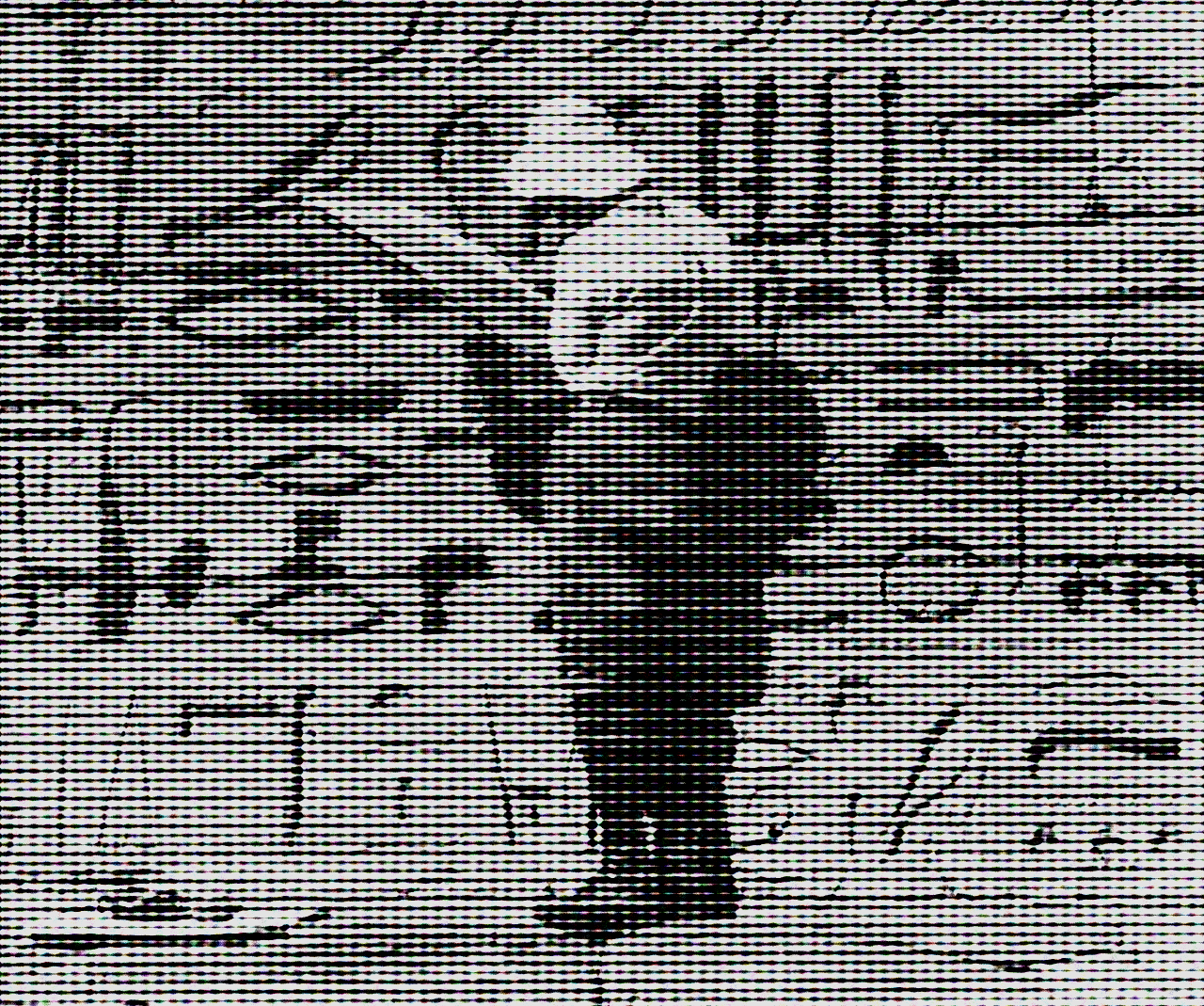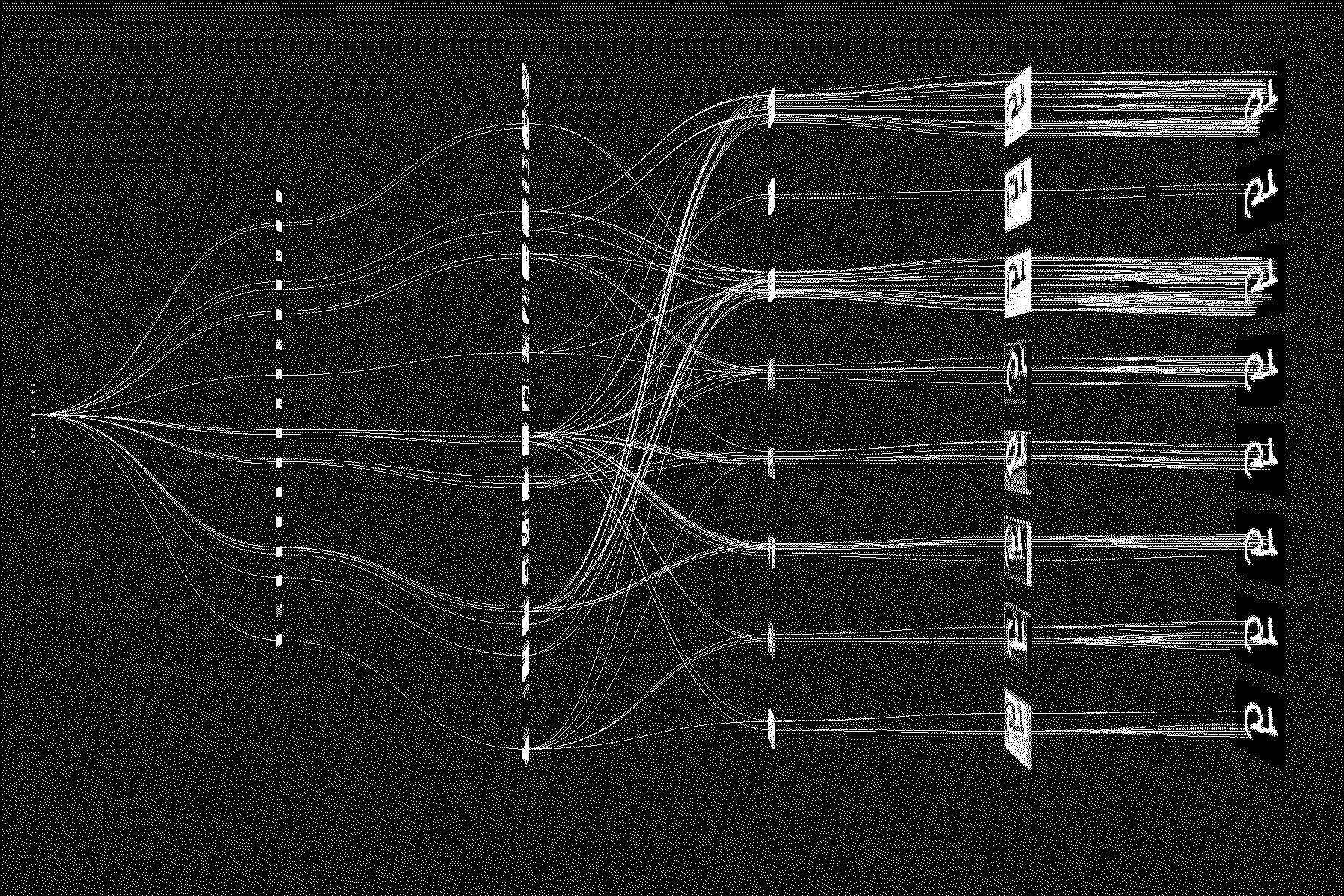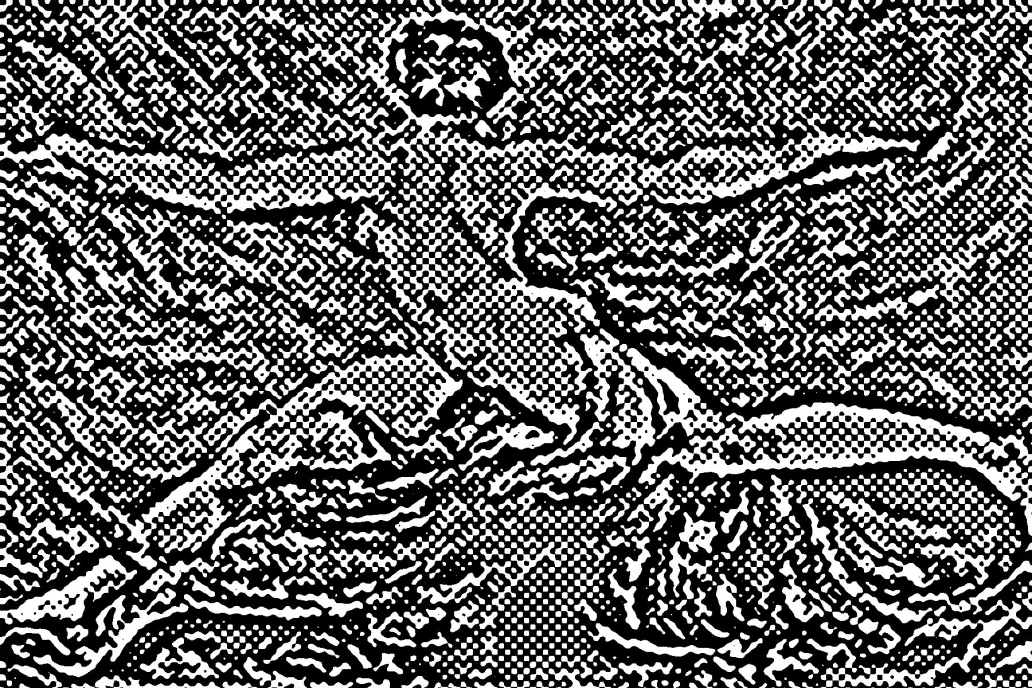
McLuhan believed that media technologies shape the organization of society (see our previous post, The Computer as a Medium).
It's not surprising he held high hopes for the computer as a medium. He envisioned highly personalized and automated information processing systems geared toward human flourishing.
But that vision hasn't come to pass. At least not yet.
To explore what went wrong, and what might come next, start by noticing that every dominant media technology brings certain forms of discontent.
McLuhan was inspired by Carl Jung in his belief that every media technology creates a kind of collective unconscious: All those attitudes, truths, and feelings that are neglected and undervalued due to the biases of the dominant media technology.
For McLuhan, the collective unconscious of one era is just a set of opportunities for the cultural entrepreneurs of the next.
Although the blockchain exceeds McLuhan's framework in many ways, one can see its contours in the collective unconscious of our present age.
Understanding Mass Media Man
In his 1962 book The Gutenberg Galaxy, McLuhan split history into epochs based on the dominant communication technology of each period.
Modernity begins with the Print Age, which created a "visual homogenizing of experience." Print was a critical condition for individualism, democracy, Protestantism, and the nationalist revolutions of the 19th century.
Today, we live in the Electronic Age. This age has been defined primarily by mass media technologies, especially radio and television. Though computers are a recent addition to the Electronic Age, it was really radio and television that minted a new kind of person in the twentieth century.
Our minds and social institutions today generally operate on the assumptions of a one-to-many broadcasting model.

The Blockchain and the End of Mass Media Man
The Electronic Age has been a revenge of the senses against the analytical homogeneity of the Print Age.
Though McLuhan knew nothing of smartphones or TikTok, on this point he was prescient: In contrast to the power of words printed in books, the contemporary subject is now obsessed with fleeting sounds and videos emanating from the lives of others.
At the same time, we see a growing memeplex that yearns for health and connectedness—from digital detox to trad-wifing, from touching grass to seed-oil-disrespecting.
Yet the growing desire to escape the clutches of the Electronic Age remains trapped in the Electronic Age! The proliferation of oppositional lifestyle trends remains largely, ironically, a social media phenomenon.
Posting to social media is competitive for individuals but produces monopoly network effects for corporate platforms, whereas blockchains compete against each other but internally integrate individuals into shared consensus.
Social media is separating and ephemeral—we post pictures to distinguish ourselves from our inferiors, but these pictures disappear—whereas blockchains are harmonic and permanent—we all post distinct signatures but only to ensure the perpetuation of one, unbroken social history.
It is due to these dramatic inversions that the distributed ledger is likely the pivotal technology of the 21st century, the only one that matches the printing press and mass media in the magnitude of its cognitive and social implications.
Perhaps computers may finally be programmed for "every variety of sense ratio," as McLuhan hoped.
